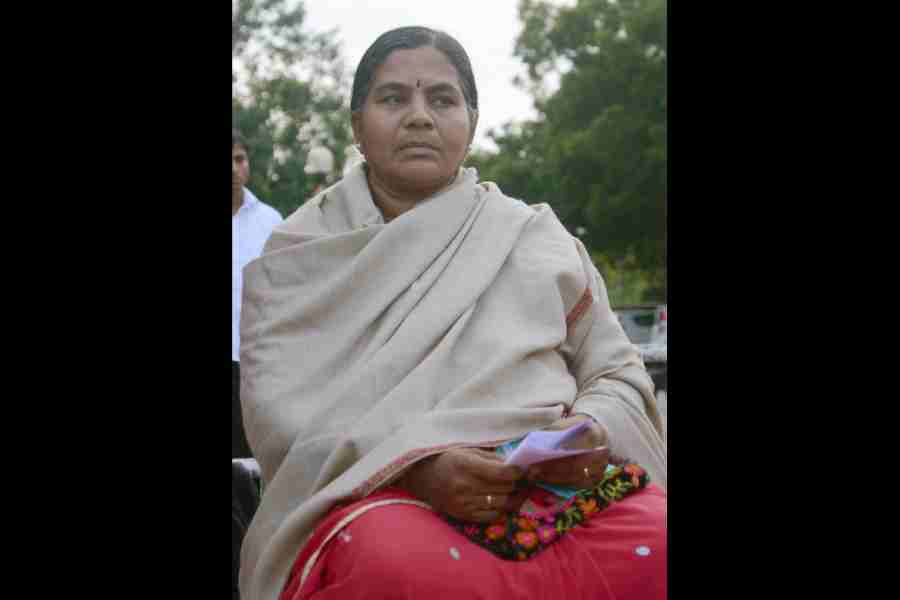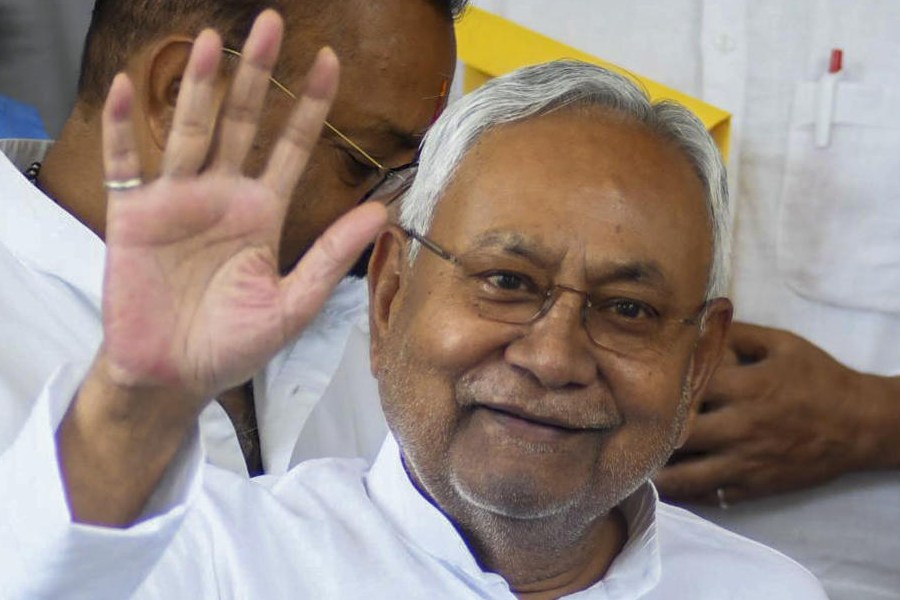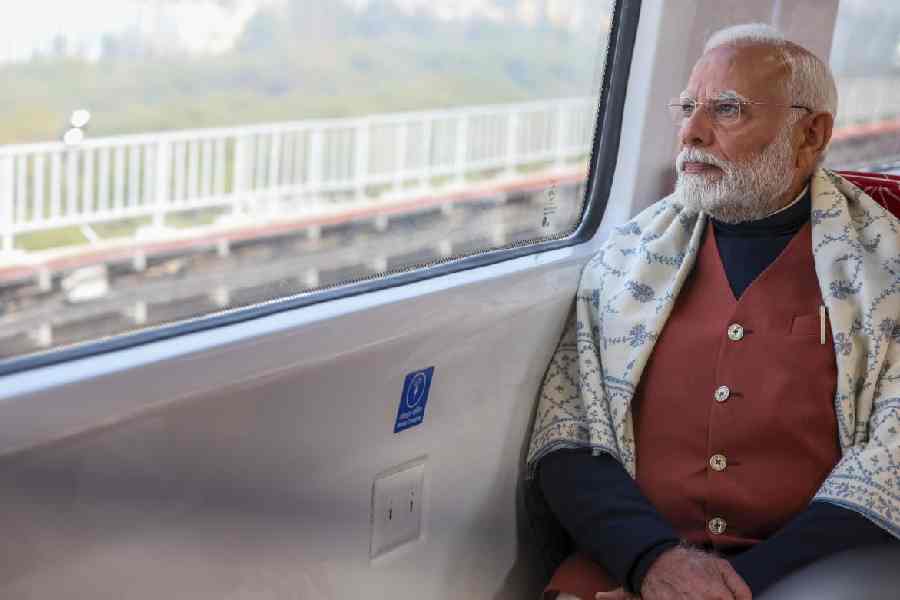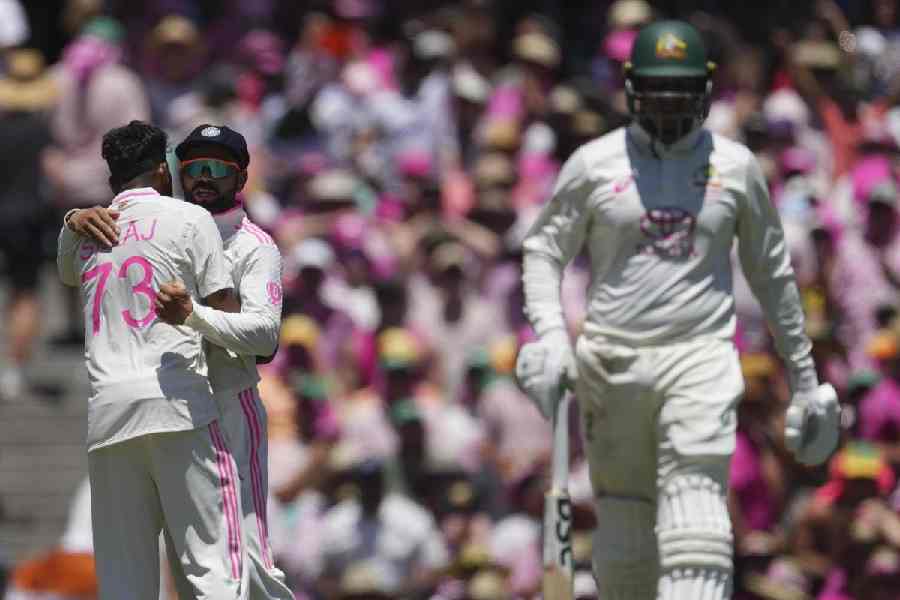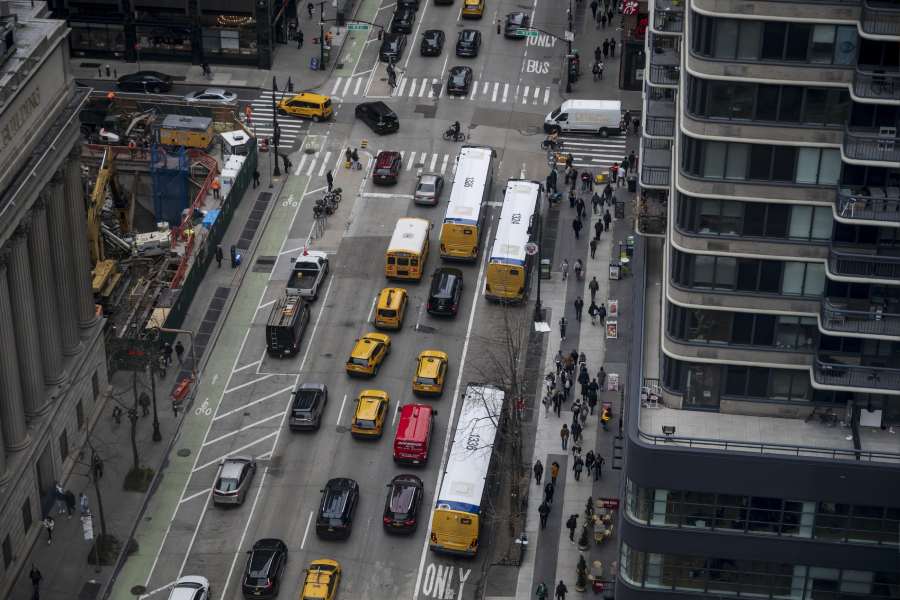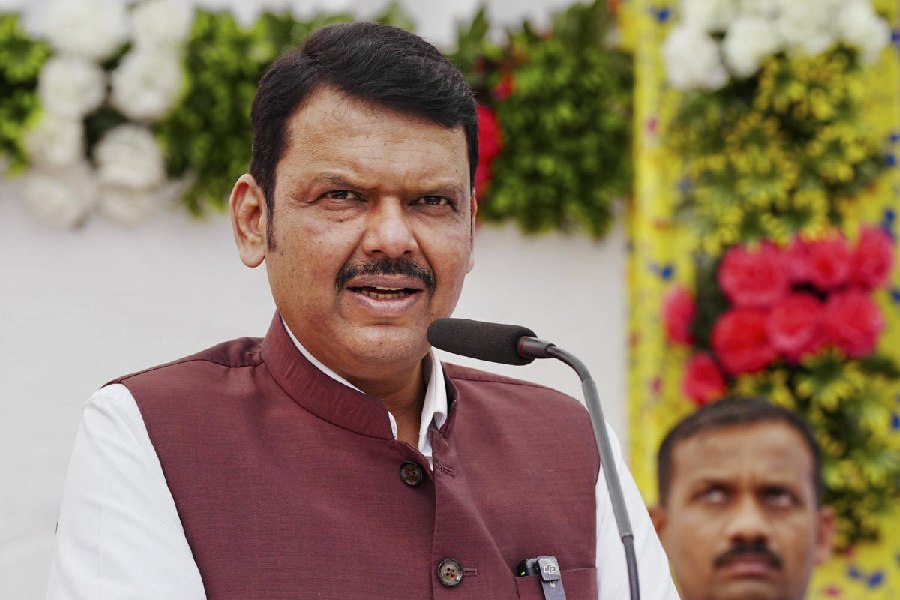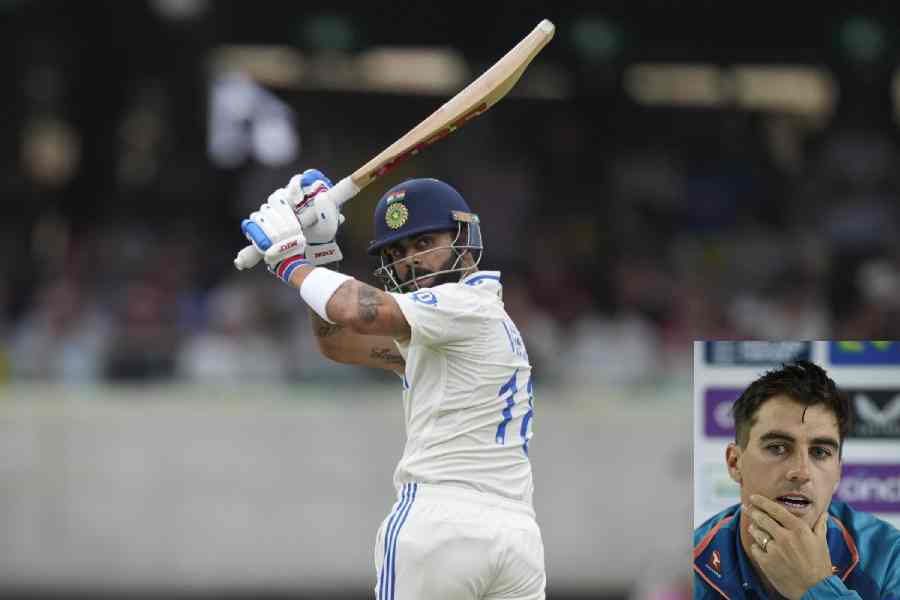The Supreme Court on Friday asked the University Grants Commission for data on the number of complaints received about caste discrimination at central, state and deemed universities countrywide, hearing a petition about students being driven to suicide by caste harassment.
It also asked the higher education regulator to collate and place before it the number of equal opportunity cells set up by the universities, as mandated by the UGC (Promotion of Equity in Higher Education Institutions) Regulations 2012.
The bench of Justice Surya Kant and Justice Ujjal Bhuyan also asked the Centre and the National Assessment and Accreditation Council (NAAC) to file within four weeks counter-affidavits on the steps taken to enforce statutory anti-discrimination regulations at higher-education institutions.
The bench was hearing a joint public-interest petition filed in 2019 by the mothers of PhD scholar Rohith Vemula and resident doctor Payal Tadvi, who committed suicide on their campuses because of alleged caste victimisation.
Senior advocate Indira Jaising and advocate D. Wadekar, appearing for the petitioners, told the court that the IITs alone had witnessed at least 115 student suicides between 2004 and 2024.
They didn’t clarify how many of these were related to caste discrimination, but sought a directive to the UGC to submit the caste-wise breakup of these suicides and data on the complaints of caste-based harassment.
Justice Kant told Jaising the court understood the “sensitivity” involved and would hear the matter periodically to ensure that the regulations intended to curb caste discrimination on campuses were being complied with.
Jaising complained that while the court had issued notices to the Centre, UGC and the NAAC way back in September 2019, they had not filed proper responses till now.
The UGC counsel told the bench the regulator had come out with a fresh set of guidelines and regulations to curb caste bias. The bench asked the regulator to place details of these before it by the next hearing.
At the previous hearing in 2023, the court had asked the UGC to come out with “out-of-the-box” solutions to stem caste discrimination.
“You need to ensure that there is no discrimination as some of the students may drop out of the colleges if they don’t get along with other students. For this, some out-of-the-box solutions are needed,” an earlier bench of Justice A.S. Bopanna and Justice M.M. Sundresh had orally told UGC counsel Manoj Ranjan Sinha.
Vemula, an Ambedkarite, had committed suicide at Hyderabad University in January 2016. Tadvi, a tribal student, killed herself in her hostel room in Mumbai in 2019, leaving behind a note naming three doctors and accusing them of harassing her.
The petition says the two suicides were not isolated occurrences and that the country witnessed a series of such incidents over the past decade.
The petition adds that caste discrimination on premier campuses had burst into the open in 2006 after reports described the systematic humiliation of Scheduled Caste and Scheduled Tribe students at the All India Institute of Medical Sciences, New Delhi, at the hands of their peers and teachers.
The 2006 incident paved the way for the establishment of the Sukhadeo Thorat Committee, which found the prevalence of caste discrimination in various universities.
The petition says that since 2004, there have been over 20 undocumented instances of students committing suicide on account of caste harassment.
It adds that the UGC’s 2012 regulations, aimed at the elimination of such discrimination, had proved ineffective, with few varsities setting up grievance cells for the victimised students.

